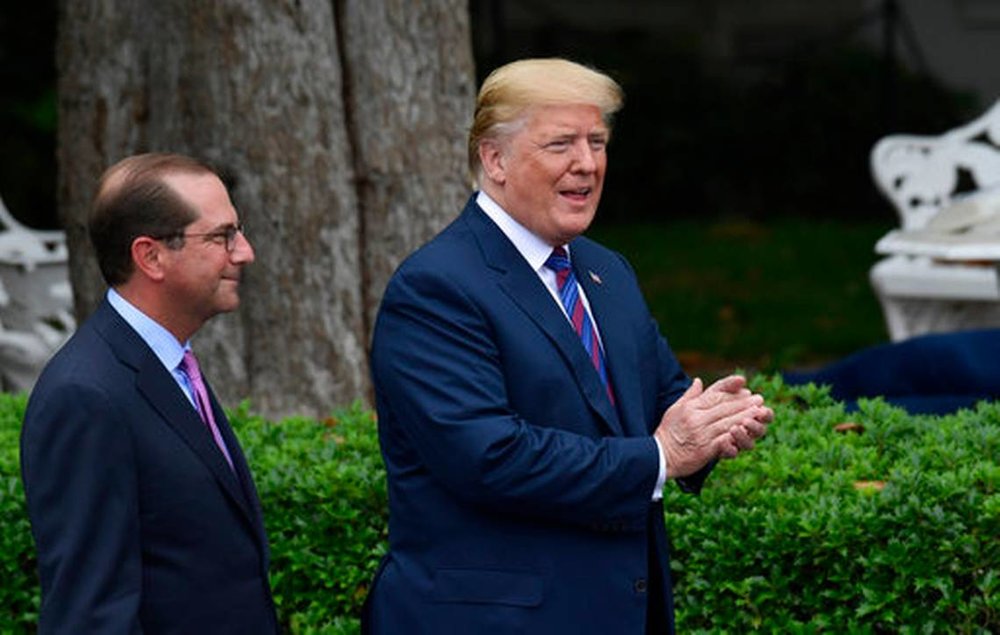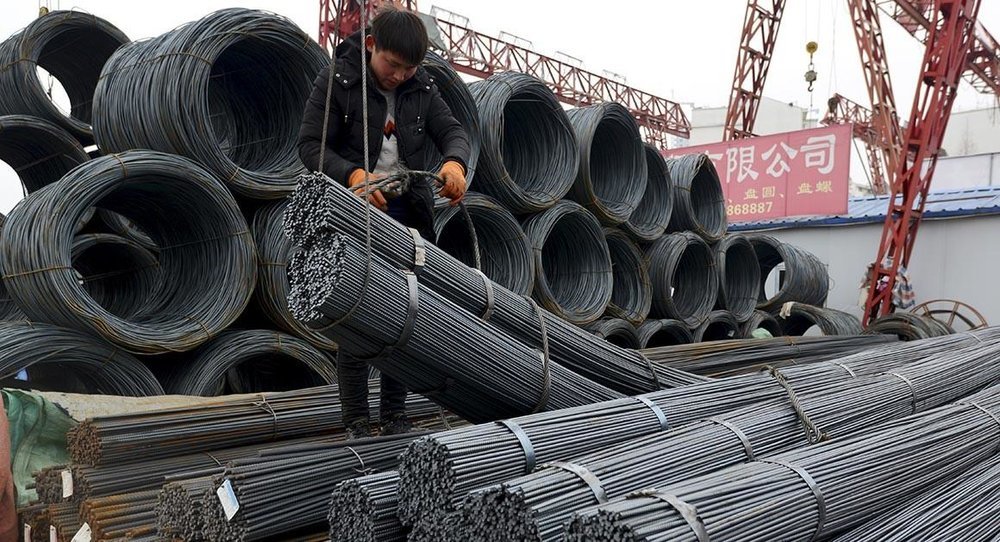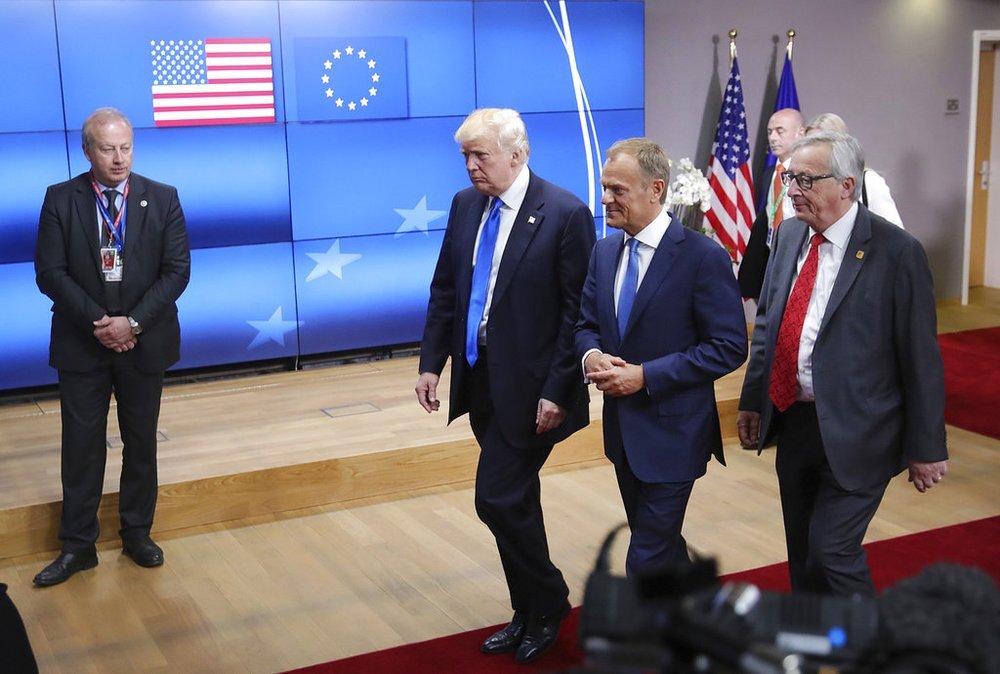U.S’ Tariffs
The Trump administration originally announced the imposition of global tariffs of 10% on aluminum importation and 25% on steel importation in March. The tariffs were imposed on the ground that reliance on imported metals poses a threat to the US’ national security, although a temporary exemption was granted to Canada, Europe, and Mexico. The exemption was in a bid to give room for negotiations and concessions between the US and the individual countries.
However, pursuant to a failure to win specific trade deals with Canada and Mexico, the Trump administration announced on 31st of May that the stiff tariffs imposed on aluminum and steel would be extended to these three countries. The waiver of this exemption has set the stage for a crippling round of vengeful tariffs imposition, as there have been diverse retaliatory actions by the affected countries.

Trump Announces Imposition of Tariffs on Aluminium and Steel from E.U., Canada, and Mexico
E.U’s retaliatory tariffs on bourbon
To counter the tariffs imposed by the U.S, Jean-Claude Juncker, the European Commission President has said that the E.U will impose its tariffs on US products such as bourbon, motorcycles and peanut butter. In Juncker’s tweet, he said that U.S had left E.U with no choice but to proceed with a WTO dispute settlement case and the imposition of additional duties on a number of US imports. The President further expressed an affirmative intention to defend the EU’s interest, in full compliance with international trade law.

“The number of US imports” mentioned in this tweet is in reference to a 10-page list of targets for retaliation which was published in March and includes bourbon whiskey and Harley-Davidson motorcycles, among other products
Canada considers new tariffs unacceptable
The Prime Minister of Canada, Justin Trudeau referred to the new tariffs as totally unacceptable’. He further registered his displeasure at Trump’s claim of protecting U.S’ national security as confrontationally offensive to Canadians considering the fact that Canadians fought as steadfast allies with American GIs from World War II to Afghanistan. In his words, that Canada could be considered a national security threat to the United States is inconceivable.
In response to the imposition, Canada counter-imposed a surtax of C$16.6 billion(approximately $12.8 billion) worth of American steel, aluminum and even everyday consumer goods such as pizza, candy, coffee, and quiche. The Canadian Foreign Minister, Chrystia Freeland, described this as the strongest trade action Canada has taken in the post-war era. Freeland also added that taking effect from July 1st, Canada will impose ‘dollar-for-dollar’ tariffs on some of the American-made products contained in the already drafted products lists which are to be subjected to either 25% or 10% taxation, which will remain so until the US reverses its decision.
Mexico imposes tariff on sausages
The Economics Ministry of Mexico has stated that equivalent retaliatory measures will be imposed on a wide variety of products ranging from US steel to pork, sausages and even fruits such as apples, grapes, and blueberries equivalent to the amount of damage occasioned by the United States’ action. They also maintain that the measures will remain unchanged unless the U.S government reverses the imposed tariff.

US products to experience equivalent imposition of tariffs in Mexico
Market and Independent Experts reaction
S&P 500 lost approximately 0.69 percent following the tariff imposition, and the Dow Jones Industrial Average also experienced loss totaling 1 percent. A host of experts in the economic sector have also expressed their views on the issue.
Sen. Ben Sasse, R-Neb noted in a recent statement that Canada, Mexico, and Europe are not China and since they are U.S’ allies, they ought not to be treated as opponents. He further opined that U.S’ action amounts to blanket protectionism which was a major cause of America’s Great Depression.
Also commenting on the matter, Euler Hermes North America’s chief economist, Dan North, stated that the United States’ action would lead to a decline in overall economic activity. According to him, the number of jobs totaling about 150,000 that had the potential of being saved in those industries sought to be protected is negatively affected by the larger number of two million jobs which have been exposed in the industries that utilize imported steel and aluminum. North concluded by noting that the expenses asides a destruction of jobs will also affect consumers.
Robert Scott, an economist with a reputable Economic Policy Institute also said that tariffs that failed to draw a dividing line between America’s trade allies and a country such as China, which the United States’ Government accused of illegal trade practices in the past, could make resolving trade disputes a grave difficulty.










